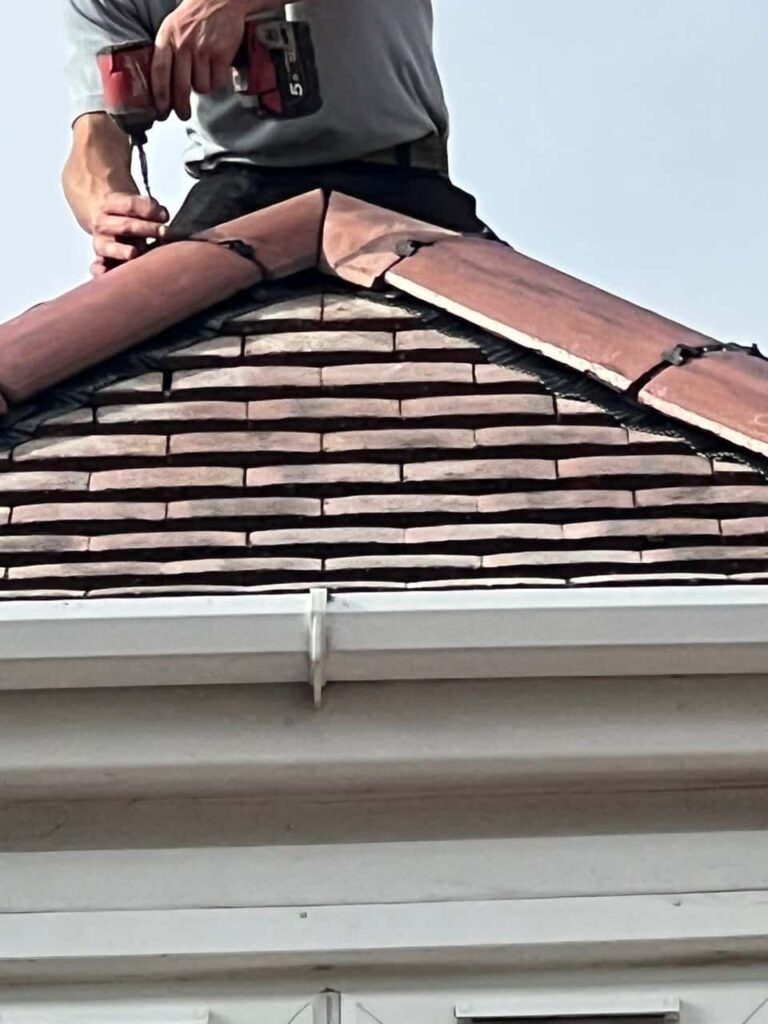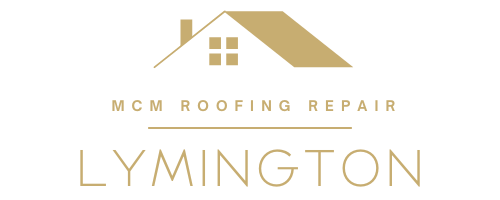When it comes to roofing, both commercial and residential projects share the ultimate goal of providing shelter and protection. However, the approaches to repairs, materials used, and considerations involved can vary significantly between the two. At MCM Roofing Repairs Lymington, we understand these differences and are dedicated to providing tailored solutions for our clients in Lymington, Hampshire. In this article, we’ll explore how commercial roof repairs differ from residential roofing projects, ensuring you make informed decisions for your property.
Key Differences Between Commercial and Residential Roofing
1. Design and Structure
- Commercial Roofing: Typically flat or low-slope, commercial roofs require specific materials and design techniques to manage water drainage effectively. The structure must accommodate various HVAC systems and other equipment, making it crucial to consider the overall layout and functionality.
- Residential Roofing: Usually pitched, residential roofs are designed to enhance aesthetic appeal and allow for efficient water runoff. The choice of materials often prioritises curb appeal alongside functionality.
2. Materials Used
- Commercial Roofing: Common materials include built-up roofing (BUR), modified bitumen, single-ply membranes (TPO or PVC), and metal roofing. These materials are selected for their durability and low maintenance needs, as commercial roofs often cover larger areas and need to withstand heavier loads.
- Residential Roofing: Shingles (asphalt, wood, or slate) are the most common materials for residential roofs. Homeowners may prioritise aesthetic choices and insulation properties, leading to a broader range of options based on design preferences.
3. Repair Processes and Regulations
- Commercial Roofing: Repairs often involve more complex procedures due to the size and accessibility of the roof. Commercial properties may have specific safety regulations and compliance requirements that must be met during repairs, necessitating a higher level of expertise.
- Residential Roofing: Repairs tend to be more straightforward and are usually completed in less time. Homeowners may have more flexibility in choosing repair methods, although safety and quality should always be prioritised.
4. Maintenance Needs
- Commercial Roofing: Regular maintenance is essential to extend the lifespan of commercial roofs. Business owners should implement scheduled inspections and repairs to prevent costly issues down the line, especially since commercial roofs can experience wear from foot traffic and equipment.
- Residential Roofing: While regular maintenance is also vital for residential roofs, homeowners may not face the same level of wear and tear. Seasonal inspections and minor repairs can often suffice to keep residential roofs in good condition.
5. Cost Considerations
- Commercial Roofing: Due to the size and complexity of commercial roofs, repair costs can be significantly higher. However, these projects may offer a better return on investment in terms of longevity and performance.
- Residential Roofing: While repairs can also be costly, homeowners typically have more options for budgeting and financing based on the scale of repairs needed.
Conclusion
Understanding the differences between commercial and residential roofing repairs is essential for making informed decisions about your property. At MCM Roofing Repairs Lymington, we specialise in providing high-quality roofing services tailored to the unique needs of both commercial and residential clients in Lymington and surrounding areas.
If you’re facing roofing issues or need a professional assessment, don’t hesitate to contact us. Our experienced team is here to help you navigate the complexities of your roofing project, ensuring you receive the best possible service and results.
Call us on: 01590 631 785
Click here to find out more about MCM Roofing Repairs Lymington
Click here to complete our contact form and see how we can help with your Roofing needs.

